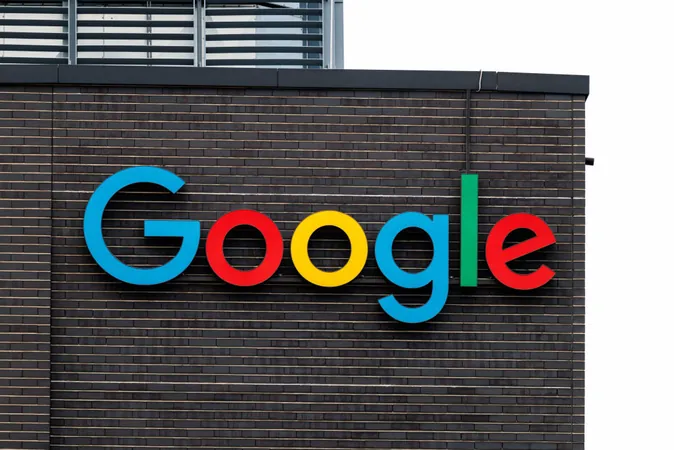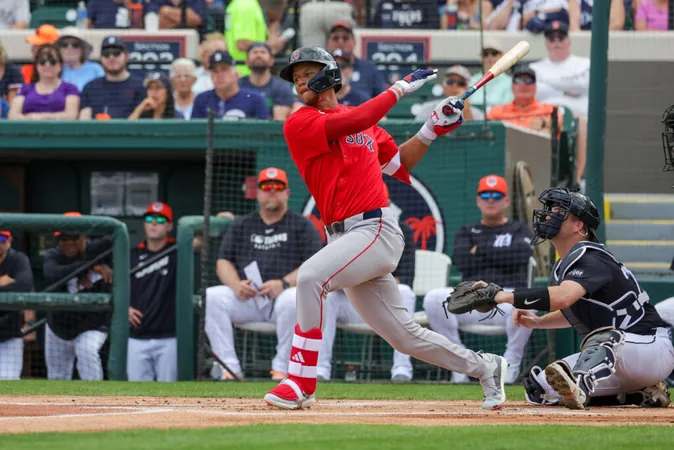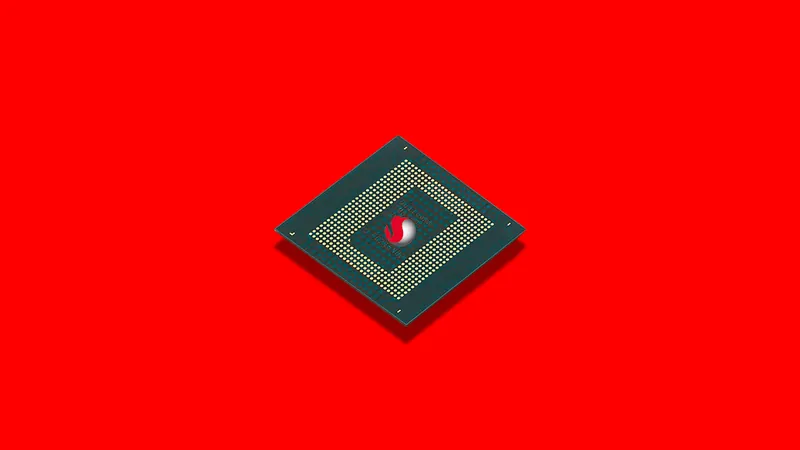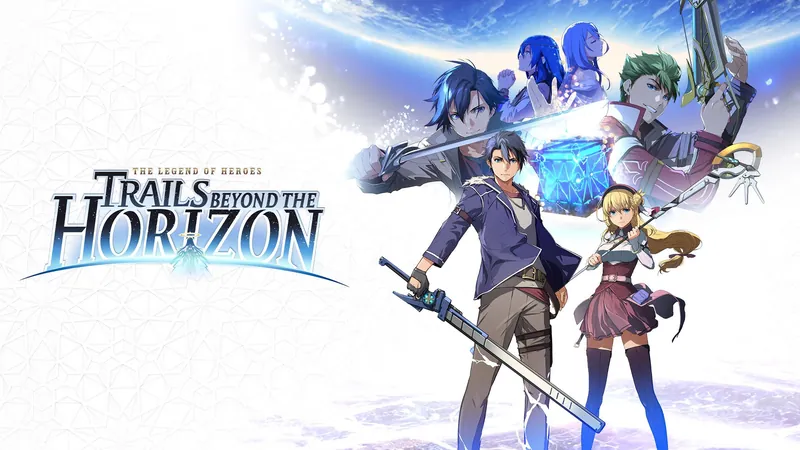
The Controversial Use of Google's New AI Model: Watermark Removal Sparks Debate
2025-03-16
Author: Chun
Introduction
In a surprising turn of events, users on social media have been experimenting with Google’s newly launched Gemini 2.0 Flash model, using it for a highly controversial purpose: removing watermarks from images, including those belonging to iconic stock media companies like Getty Images.
Gemini 2.0 Flash Unveiled
Recently, Google unveiled its Gemini 2.0 Flash AI model, enhancing its image generation capabilities. This new feature allows the model to natively create and edit images, which is a remarkable advancement in AI technology. However, its unregulated nature is raising red flags among content creators and copyright holders alike. Gemini 2.0 Flash not only removes watermarks but also fills in gaps left behind, producing surprisingly seamless edits. While other AI tools have this capability, users claim that Gemini 2.0 Flash excels in its performance— and it is free to access, making it more accessible than ever before.
Experimental Phase and Limitations
It's essential to note that the image generation feature of Gemini is still in its experimental phase, described by Google as “not for production use.” Currently, it is available through Google’s developer-facing tools, such as AI Studio. There are limitations, though; for example, the model struggles with semi-transparent watermarks or those that cover extensive areas of an image.
Concerns from Copyright Holders
This ease of editing has left copyright holders concerned, especially as several prominent AI models— like Anthropic’s Claude 3.7 Sonnet and OpenAI’s GPT-4o— actively refuse to assist in watermark removal, citing ethical and legal obligations. In the U.S., the unauthorized removal of watermarks constitutes copyright infringement, which can have serious legal consequences.
Implications for the Future
As the digital landscape continues to evolve, the implications of such technology are profound. Could this be a turning point leading to stricter regulations on AI? Or will these tools pave the way for a new era of creativity, despite the risks of copyright violations? Critics urge users to think twice before engaging in such practices, as the legal ramifications could be significant.
Google's Response and Future Outlook
Google has yet to respond to inquiries regarding this issue, leaving experts to speculate on the company's future stance on user-generated content and copyright. As the debate unfolds, one thing is clear: the world of AI and copyright law is entering uncharted territory, with both exciting opportunities and potential pitfalls.



 Brasil (PT)
Brasil (PT)
 Canada (EN)
Canada (EN)
 Chile (ES)
Chile (ES)
 Česko (CS)
Česko (CS)
 대한민국 (KO)
대한민국 (KO)
 España (ES)
España (ES)
 France (FR)
France (FR)
 Hong Kong (EN)
Hong Kong (EN)
 Italia (IT)
Italia (IT)
 日本 (JA)
日本 (JA)
 Magyarország (HU)
Magyarország (HU)
 Norge (NO)
Norge (NO)
 Polska (PL)
Polska (PL)
 Schweiz (DE)
Schweiz (DE)
 Singapore (EN)
Singapore (EN)
 Sverige (SV)
Sverige (SV)
 Suomi (FI)
Suomi (FI)
 Türkiye (TR)
Türkiye (TR)
 الإمارات العربية المتحدة (AR)
الإمارات العربية المتحدة (AR)